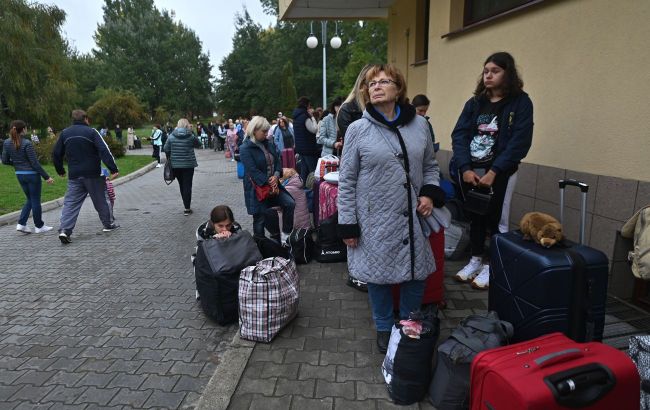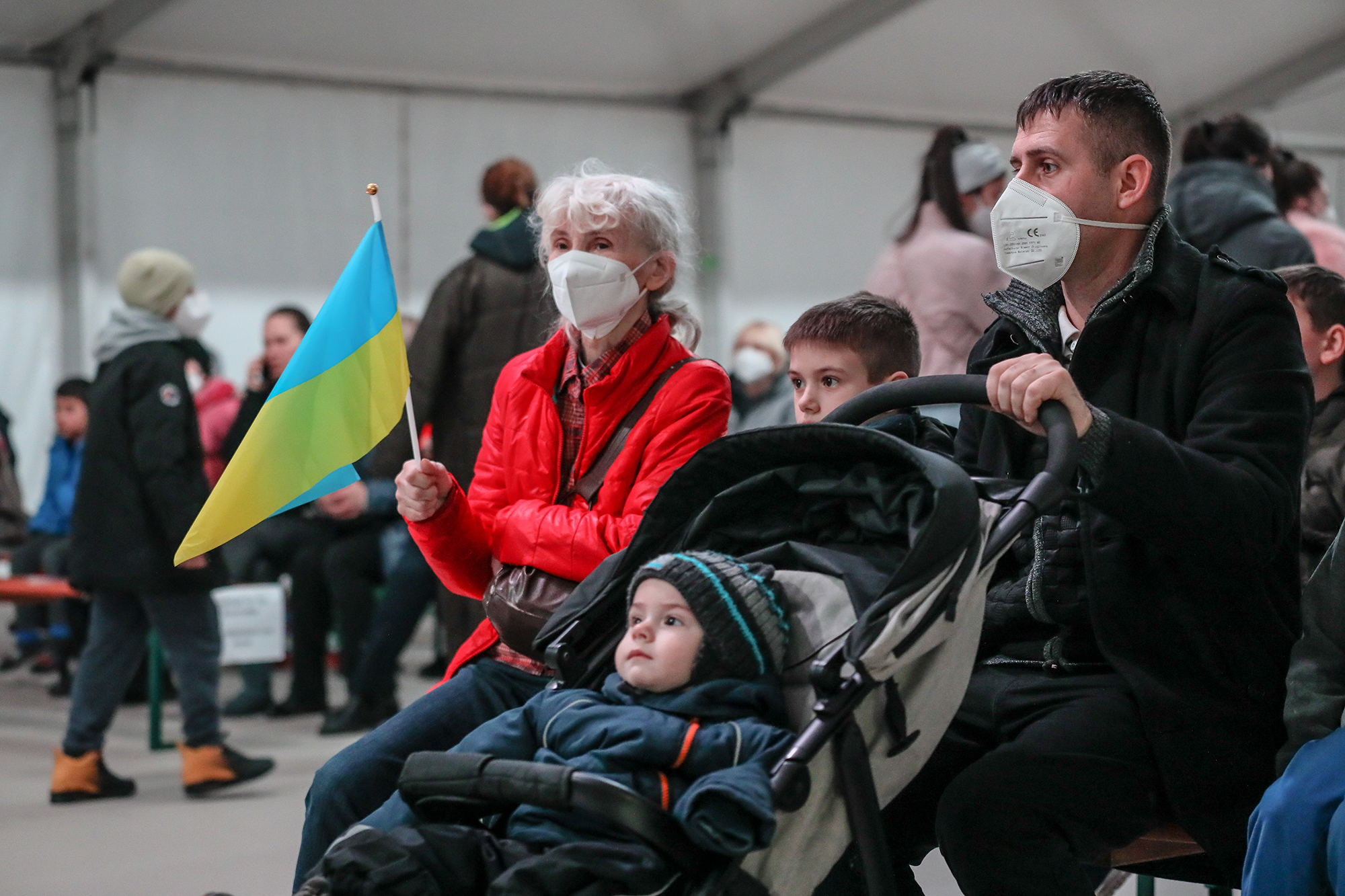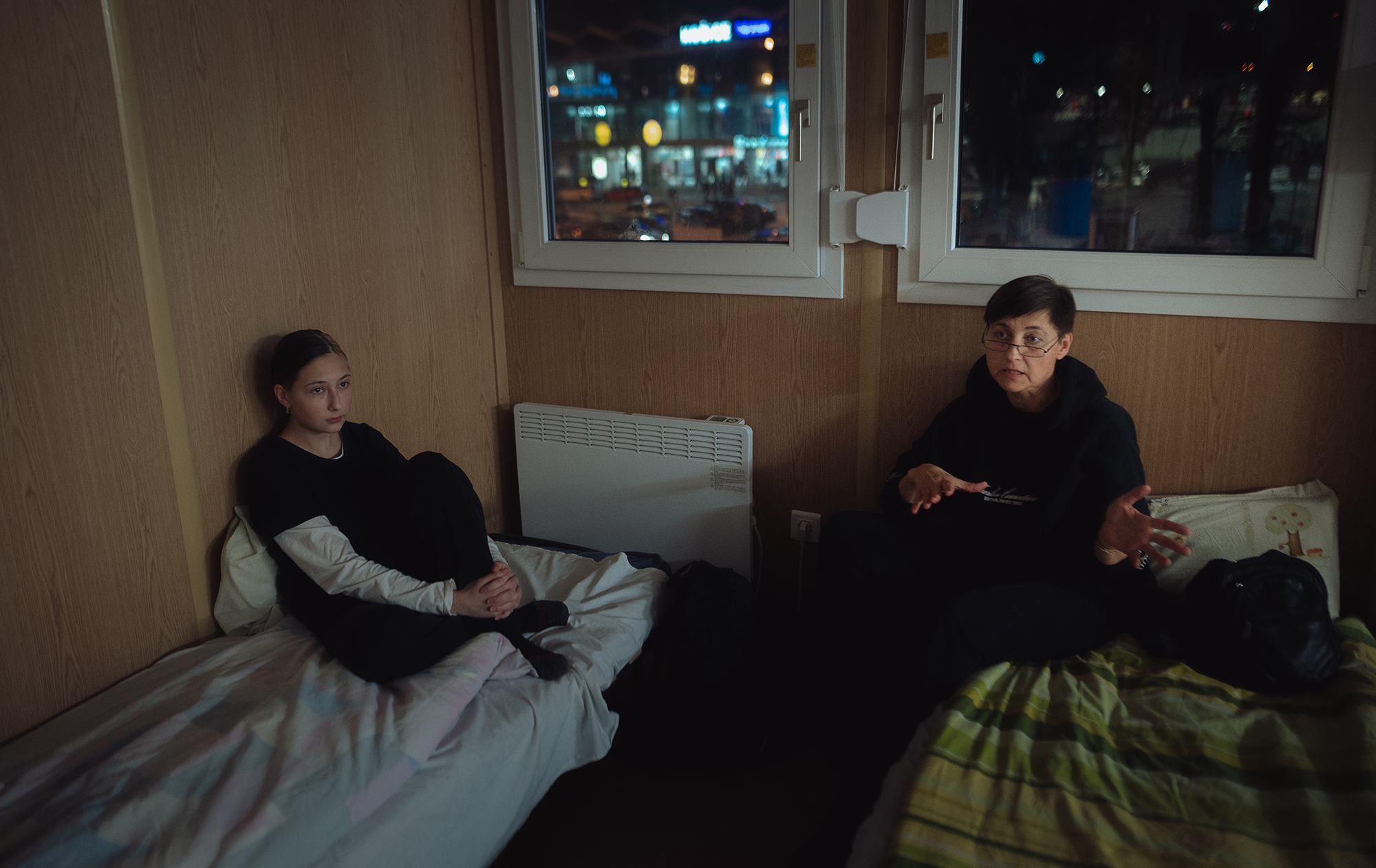Why Ukrainian refugees return home from abroad: Research findings
 Returning from abroad (gettyimages.com)
Returning from abroad (gettyimages.com)
Ukrainian refugees are returning home from abroad for a multitude of reasons, with emotional ties being the most common factor, but other significant influencers also at play, according to reliefweb.int.
Surveyed refugees
Since March 2022, the IMPACT initiative has been conducting monthly surveys of individuals who have left Ukraine to study their displacement, integration, and intentions to return. Initially, refugees were surveyed upon arrival in Poland, Slovakia, Hungary, Romania, and Moldova. Later, respondents were also queried online. Researchers examined who among the refugees is returning home and what motivates them to do so.
During the 18th round of the study from October 26 to November 8, 2023, 2,213 telephone interviews were conducted with individuals who had returned to Ukraine. The majority (94%) were women. Overall, within respondents' households, adult women comprised 40%, men 15%, and children 38%. Only 33% of households were childless, and in every fifth family, there was at least one person with disabilities.
Most surveyed refugees hailed from the following regions: the Kharkiv (12%), Dnipropetrovsk (10%), Odesa (8%), Donetsk (7%), Mykolaiv (7%), Zaporizhzhia (7%), and Kyiv (6%) regions, and Kyiv city (13%).
Among those who returned to Ukraine, women accounted for 39%, and children under 17 made up 35%. In contrast, among those who returned home after seeking refuge abroad, men comprised 19%.

Photo: Refugees in Berlin (gettyimages.com)
17% of returning households included a person with disabilities. Conversely, among those who stayed abroad, the percentage of households with a person with disabilities was higher at 21%.
Researchers also noted that among the refugees who returned to Ukraine, 52% had higher education (compared to 48% among those who stayed abroad).
Likelihood of return significantly tied to country choice
According to researchers' findings, survey participants who sought refuge in neighboring countries, particularly Poland, expressed the strongest desire to return to Ukraine. The likelihood of refugees returning from Germany and Czechia was lower.
In Poland, the highest percentage of people who returned to Ukraine was 49% of those surveyed. Similar return rates were observed in Romania (46% returned), Moldova (43% returned), and Slovakia (40% returned). From Germany, only 13% of all refugees returned to Ukraine, while the figure was 17% in Czechia.
This could be explained by geographic proximity, family ties, cultural similarities, or different policies of host countries affecting refugees.
Another prerequisite for refugees returning to Ukraine is the type of housing and income level abroad. Refugees with lower incomes and those living in temporary accommodation are more likely to decide to return. Conversely, those living in rented accommodation or housing provided by the state are more likely to stay in host countries.

Photo: Refugees in Slovakia (gettyimages.com)
People who returned to Ukraine were less likely to have jobs abroad (28%) compared to those who remained refugees (45%). Among those who worked remotely or cared for young children in Ukraine, 17% returned, compared to 9% who chose to stay in the host country.
Language proficiency in the host country is another factor. Half of those returning to Ukraine cited poor language skills as a reason.
Factors influencing refugees' return
Half of the returning individuals cited concerns about safety in their host communities (53%) as a reason for returning home. Among the factors that prompted their return, the following were mentioned:
- Desire to reunite with family - 49%;
- Homesickness - 35%;
- Returning to pre-war jobs - 15%;
- Inability to find work - 11%;
- Feeling of security - 11%;
- Lack of housing abroad - 9%;
- Children's education in Ukraine - 7%;
- Access to medical care - 6%.
The majority (82%) of refugees returned to the regions where they lived before the war. Of these, 90% returned to their own homes. Most Ukrainians returned to western and northern regions, while the fewest returned to southern and eastern regions.

